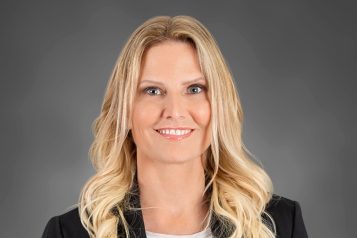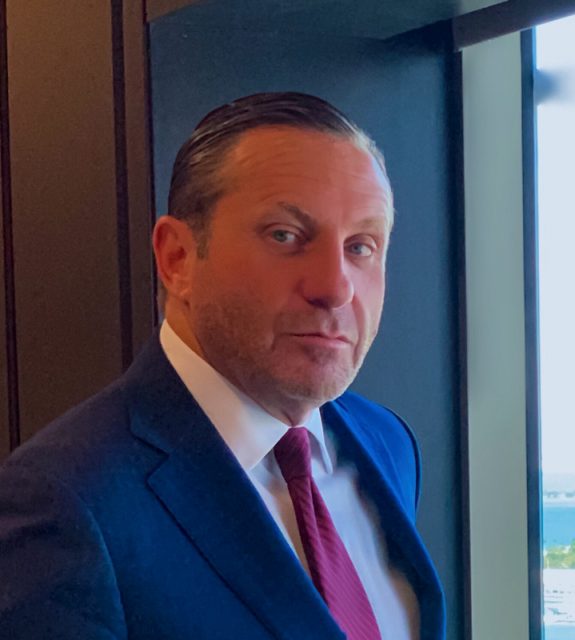 Photo Credit: Courtesy of: Mikalaj Mienciuk/ Shutterstock
Photo Credit: Courtesy of: Mikalaj Mienciuk/ Shutterstock
The American Alliance for Equal Rights, an organization founded by prominent anti-affirmative action activist Edward Blum, recently decided to drop a legal challenge it had initiated against a major U.S. law firm, Perkins Coie. The legal dispute revolved around the firm’s diversity fellowship program, which was designed to enhance diversity within its ranks. However, the case was dismissed after Perkins Coie made significant changes to the eligibility criteria for its fellowship program.
Previously, the program was exclusively open to law students who fell under the category of “historically underrepresented” groups. However, in a move towards a more inclusive approach, the firm announced that it would extend the program’s application to all law students, regardless of their ethnic or racial background. This shift in criteria effectively resolved the lawsuit brought forward by Blum’s American Alliance for Equal Rights.
 Photo Credit: Courtesy of: Lightspring/ Shutterstock
Photo Credit: Courtesy of: Lightspring/ Shutterstock
Edward Blum, in a statement, highlighted that several law firms still maintain similar racially discriminatory programs. He expressed hope that these firms would proactively amend their programs to be more inclusive to avoid legal action in federal court.
Perkins Coie’s Managing Partner, Bill Malley, welcomed the resolution of the case, underlining the firm’s unwavering commitment to creating a more diverse and inclusive workplace. The firm, boasting a global presence and a legal team comprising over 1,200 lawyers, was one of two firms targeted by Blum’s non-profit organization back in August. The organization alleged that these diversity fellowship programs unlawfully excluded individuals, including white students, based on their race.
These paid fellowships were established, in part, to support the recruitment of individuals from various ethnic backgrounds, a challenge that many major law firms have encountered in their efforts to diversify their partnership ranks.
Statistics from the National Association for Law Placement revealed that people of color accounted for 11.4% of all partners in major U.S. law firms last year. These figures indicate the ongoing struggle to achieve diversity in the legal industry.
The legal challenge against Perkins Coie mirrored a similar case against another law firm, Morrison & Foerster. In both instances, the language specifying that the fellowship programs were exclusively open to Black, Hispanic, Native American, or LGBT applicants was revised. This modification led Blum’s group to withdraw its lawsuit against Morrison & Foerster as well.
Notably, Edward Blum’s organization secured a landmark ruling at the U.S. Supreme Court earlier this year. The Court’s conservative majority, in a 6-3 decision, rejected race-conscious policies that American colleges and universities had long employed to increase the representation of Black, Hispanic, and other minority students on their campuses, including cases involving Harvard and the University of North Carolina.
In the specific lawsuit against Perkins Coie, Blum’s group targeted a diversity fellowship established by the firm in 1991. The fellowship aimed to support law students from historically underrepresented groups, such as people of color, members of the LGBTQ+ community, and disabled students. The lawsuit alleged that this program violated a Civil War-era law enacted to protect formerly enslaved Black people, which prohibited racial bias in contracting.
Edward Blum’s organization is employing the same law in another legal challenge against the Fearless Fund’s grant program, which supports Black women-led businesses. A federal appeals court recently blocked the program, pending further litigation. This case is another example of the ongoing legal battles that aim to address and reshape diversity initiatives in various sectors.


















